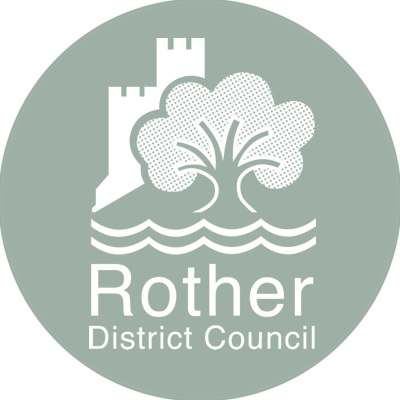Agenda item
Anti-Poverty Strategy
- Meeting of Overview and Scrutiny Committee, Monday 18th July 2022 6.30 pm (Item OSC22/12.)
- View the declarations of interest for item OSC22/12.
Minutes:
It was agreed by the Chairman to vary the order of the Agenda and for Members to discuss Items 6, 7 and 8 before Item 5.
Members received the report of the Head of Housing and Community, which outlined the results of the six-week consultation (approved by Cabinet in March 2022) of the Anti-Poverty Strategy and recommended that the new Anti-Poverty Strategy be adopted.
25 local organisations had responded to the consultation, including seven parish and town councils, 13 charities and voluntary agencies, three public sector organisations and two political parties (branches). In addition, a response had been received from the Council’s Planning Policy team. A large amount of written testimony had been received and a summary of the consultation responses was in Appendix B to the report.
A range of organisations fed back that the delivery of the Strategy would need to be integrated with a range of existing strategies, including the Housing, Homelessness and Rough Sleeping Strategy, Local Plan, Economic Development and the Hastings and Rother Food Network’s ‘Food Insecurity Strategy for Rother’. In particular, the consultation responses from East Sussex County Council (ESCC) Public Health and the local Clinical Commissioning Group (CCG) drew attention to the strong alignment between the objectives within the draft Anti-Poverty Strategy and the drivers of broader health inequalities across the Health and Social Care sectors. Members noted that the Integrated Care System, pioneered by East Sussex County Council, brought wider partners together. The theme of inequality of outcomes in health, housing and income chimed closely to the areas of poverty identified within the Anti-Poverty Task and Finish Group’s (APT&FG) evidence gathering and strategy development.
As previously reported, the APT&FG had identified that the objectives and actions identified within the Strategy and its action plan needed to be delivered by a multi-agency Anti-Poverty Steering Group (APSG) to ensure objectives remained achievable; progress reports on the action plan would also be fed to the Rother Local Strategic Partnership (LSP). The LSP would support and monitor the progress of the Strategy Action Plan through the promotion of its objectives through the East Sussex Strategy Partnership. The LSP would also support the coordination of existing resources and influence future service commissioning through its networks. The membership of the APSG and terms of reference were still to be finalised and would be chaired by one of the Strategy Leaders in Public Health East Sussex; however, the group would likely be very similar to that which had developed the strategy and its action plan. The Steering Group could be requested to report back to the Committee at regular intervals.
The development of the Strategy had highlighted that the causes of poverty were multiple and complex and its symptoms wide ranging. The effects of poverty were felt by a range of different sectors of the community across different demographic groups and geographic locations. Many of the causes of poverty could not be influenced effectively at a local level and the Council could not effectively tackle the symptoms of poverty on its own. A partnership approach that coordinated the ‘whole system’ of services supporting those experiencing poverty was therefore important.
RESOLVED: That:
1) the Anti-Poverty Strategy be recommended to Cabinet and full Council for adoption; and
2) Cabinet and full Council note that an Anti-Poverty Steering Group will form to oversee the delivery of the Strategy Action Plan as well as inform the development of a broader health and wellbeing strategy for Rother.
(Councillor Maynard declared a Personal Interest in this matter as an executive Member of East Sussex County Council and in accordance with the Members’ Code of Conduct remained in the meeting during the consideration thereof).
Supporting documents:
-
Anti-Poverty Strategy, item OSC22/12.
 PDF 247 KB
PDF 247 KB -
Appendix A, item OSC22/12.
 PDF 548 KB
PDF 548 KB -
Appendix B, item OSC22/12.
 PDF 267 KB
PDF 267 KB
